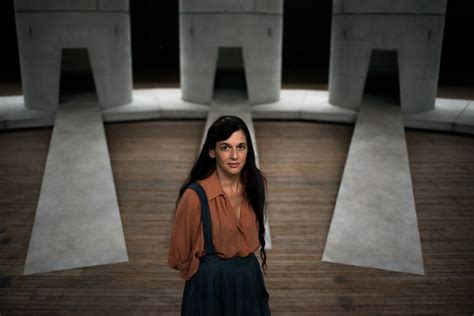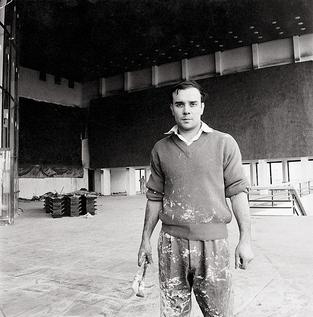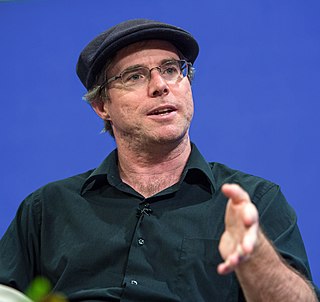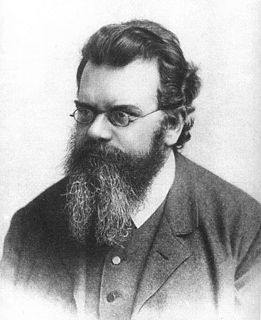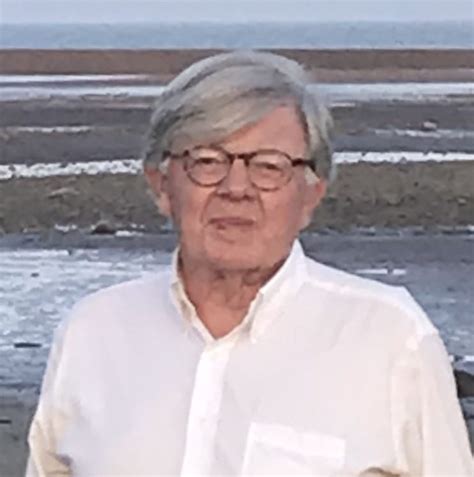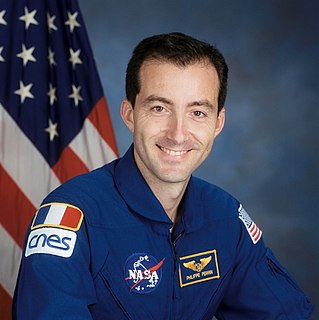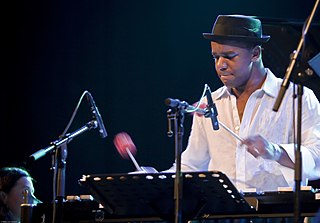Top 1200 Space Odyssey Quotes & Sayings - Page 13
Explore popular Space Odyssey quotes.
Last updated on November 19, 2024.
I'm interested in the murky areas where there are no clear answers - or sometimes multiple answers. It's here that I try to imagine patterns or codes to make sense of the unknowns that keep us up at night. I'm also interested in the invisible space between people in communication; the space guided by translation and misinterpretation.
If you sort of see yourself writing into a space that you don't always recognize, you sometimes learn things that you knew, but weren't entirely aware of. It's very liberating for a writer to go into a space where she or he has not gone before, because, instead of being a tourist, you're like an explorer now, and you're sort of lost in this new idea.
The stories that unfold in the space of a writer's study, the objects chosen to watch over a desk, the books selected to sit on the shelves, all weave a web of echoes and reflections of meanings and affections, that lend a visitor the illusion that something of the owner of this space lives on between these walls, even if the owner is no more.
We have all kinds of limitations as human beings. I mean we can't see the whole electromagnetic spectrum, we can't see the very small, we can't see the very far. So we compensate for these short comings with technological scaffoldings. The microscope allows us to extend our vision into the microsphere. The telescope allows us to extend our vision into the macrosphere, the Hubble Space Telescope extends our optic nerve into space, and it allows us to mainline space and time through our optic nerve.
I had ambitions to set out and find, like an odyssey or going home somewhere, set out to find this home that I'd left a while back and couldn't remember exactly where it was, but I was on my way there. And encountering what I encountered on the way was how I envisioned it all. I didn't really have any ambition at all. I was born very far from where I'm supposed to be, and so, I'm on my way home, you know?
[Gilda Radner] was in the in vitro fertilization program, and it nearly, nearly drove us apart, too. She wanted that baby, so badly, and it didn't work. Oddly enough, when we were doing "Haunted Honeymoon" in London, she did become pregnant for about 10 days, but then she lost it. But, anyway, my odyssey with Gilda was wonderful, funny, torturous, painful and sad. It was - it went the full gamut.
What differentiates time from space is that time does have a direction. In that sense it is different from space. I think that's certainly true that whereas spatial dimensions don't have direction or an arrow, time does. It runs from past to future. But I see that arrow of time as rooted in a deeper metaphysical reality, namely the reality of temporal becoming - of things coming to be and passing away. That is why time has this arrow. But it's not sufficient to simply say that time and space are distinct because time has a direction. The question will be: why does it have a direction?
In fact, the Outer Space Treaty of 1967 bans militarization. Potential adversaries of the US, and even its allies, are so far behind that these countries are very interested in maintaining the treaty. Europe and the rest of the world want a strong reaffirmation of the Treaty and the US is unilaterally trying to derail it. Termination of the treaty would mean that the US could develop satellite weapons, put offensive weapons in space. It would probably mean using nuclear power in space. All of this leads to some very dangerous scenarios, including destruction of the species.
The most ordinary things are to philosophy a source of insoluble puzzles. With infinite ingenuity it constructs a concept of space or time and then finds it absolutely impossible that there be objects in this space or that processes occur during this time . . . the source of this kind of logic lies in excessive confidence in the so-called laws of thought.
It is false to speak of realization. What is there to realize? The real is as it is always. We are not creating anything new or achieving something which we did not have before. The illustration given in books is this. We dig a well and create a huge pit. The space in the pit or well has not been created by us. We have just removed the earth which was filling the space there. The space was there then and is also there now. Similarly we have simply to throw out all the age-long sanskaras [innate tendencies] which are inside us. When all of them have been given up, the Self will shine alone.
The International Space Station is a phenomenal laboratory, an unparalleled test bed for new invention and discovery. Yet I often thought, while silently gazing out the window at Earth, that the actual legacy of humanity's attempts to step into space will be a better understanding of our current planet and how to take care of it.
When man sends colonies into space, he will be able to mount moveable, sun-reflecting mirrors to simulate rhythms of day and night and even the terrestial seasons...But he doubtless will follow the longstanding American habit of thinking that outer space should, as much as possible, resemble Southern California.
To most people in the U.K., indeed throughout Western Europe, space exploration is primarily perceived as 'what NASA does'. This perception is - in many respects - a valid one. Superpower rivalry during the Cold War ramped up U.S. and Soviet space efforts to a scale that Western Europe had no motive to match.
And I do pay a lot of attention to how things feel underneath my feet. It's a way of transporting yourself somewhere that you're trying to write about - closing your eyes and imagining what it feels like to literally be in that space. Maybe because of this weird aura thing I find it a bit easier to put my body in an imaginary space.
In my mind, public space travel will precede efforts toward exploration -- be it returning to the moon, going to Mars, visiting asteroids, or whatever seems appropriate. We've got millions and millions of people who want to go into space, who are willing to pay. When you figure in the payload potential of customers, everything changes.
In 1980, during my sophomore year at MIT, I realized that the school didn't have a student space organization. I made posters for a group I called Students for the Exploration and Development of Space and put them up all over campus. Thirty-five people showed up. It was the first thing I ever organized, and it took off!
So much of what we said sounded crazy, yet none of it was false... as if two theoretical physicists stood on stage to say that when we travel near lightspeed, we get younger than nontravellers; that a mile of space next to the sun is differnt than a mile of space next to the earth because the sun-mile space is curved more than the the earth-mile. Silly ideas, worth the admission price in smiles, but they're true. Is high-energy physics interesting because it's true or because it's crazy?
Not so many years ago there was no simpler or more intelligible notion than that of going on a journey. Travel -movement through space -provided the universal metaphor for change. One of the subtle confusions -perhaps one of the secret terrors -of modern life is that we have lost this refuge. No longer do we move through space as we once did.
